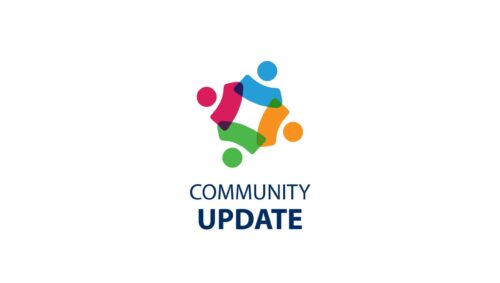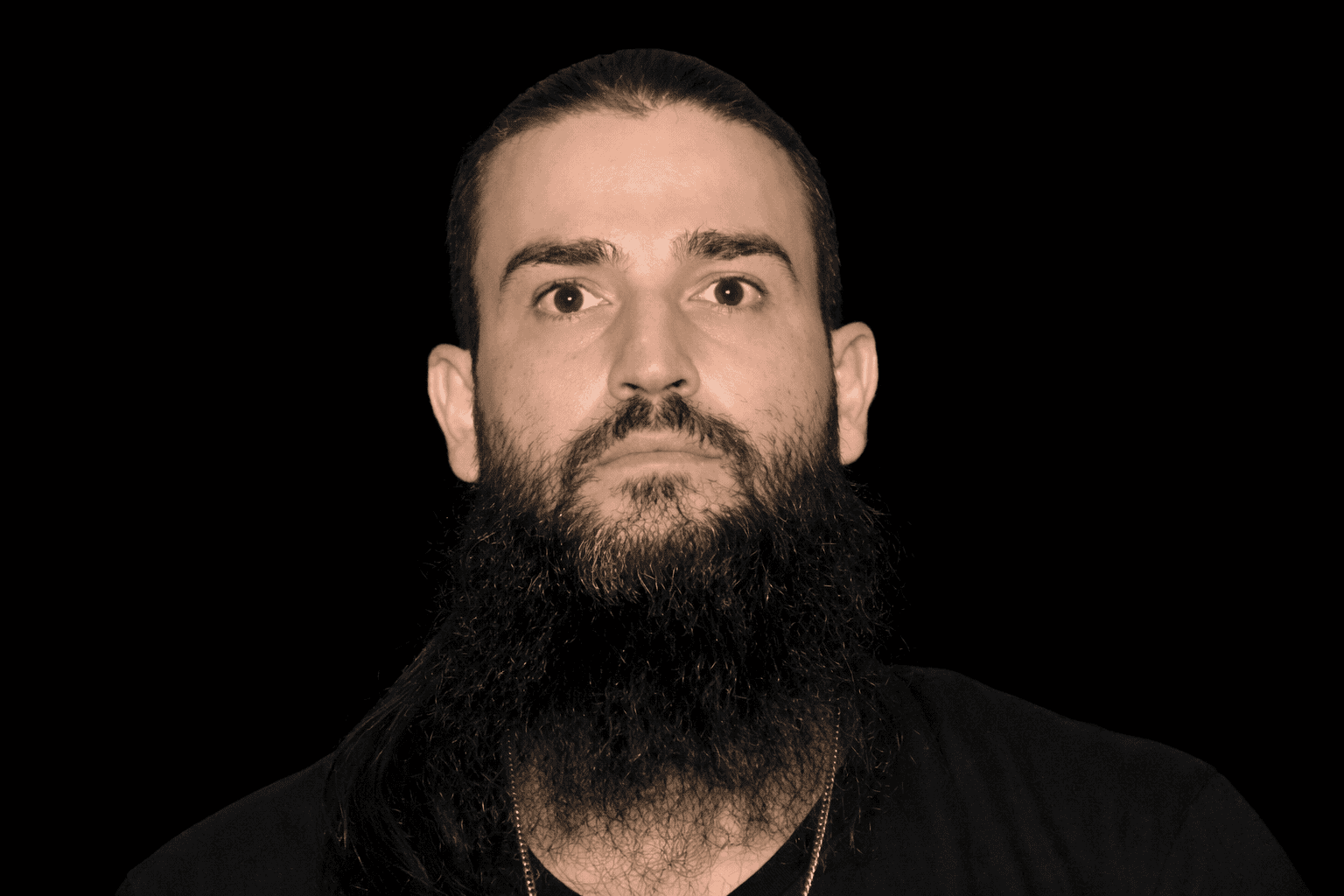Inspira Medical Centers Mullica Hill and Vineland Introduce New Ceribell Rapid Response EEG Device

Inspira Medical Centers Mullica Hill and Vineland, part of Inspira Health, have introduced a new Ceribell Rapid Response EEG monitoring device for effective neurological patient management. Inspira Medical Centers Mullica Hill and Vineland are two of the first hospitals in New Jersey to use this breakthrough technology to detect and diagnose non-convulsive seizure activity in critically ill patients to ensure they receive optimal treatment as quickly as possible.
The Ceribell Rapid Response device is comprised of a headband with integrated electrodes, a pocket-sized recorder with intuitive software and an online portal for remote viewing. To ensure rapid diagnosis and treatment, the Ceribell Rapid Response EEG has a cloud-linked, portable electroencephalogram (EEG) device to enable EEG assessments within minutes.
“We are excited to bring this breakthrough technology to our community as a means to raise the bar in delivering superior care,” said Dr. Wanshu Di, MD, neurologist at Inspira Health. “Early detection and treatment of seizures is imperative for better patient outcomes. With this new state-of-the-art equipment providing precise and accurate information, the care team will be able to determine the most appropriate course of treatment for their patients in a timely manner.”
With the launch of the Ceribell Rapid Response EEG program, clinicians at Inspira Health can access EEG information to assist them in the triage of at-risk patients. The Rapid EEG is the first of its kind and provides real-time awareness of harmful brain patterns that do not produce observable signs in the patient and can only be diagnosed using an EEG.
The Neurocritical Care Society recommends the EEG should be initiated within 15 to 60 minutes of suspected seizure activity, and the American Heart Association guidelines requires the EEG to be promptly performed and interpreted for the diagnosis of seizures in all comatose patients following a cardiac arrest.









